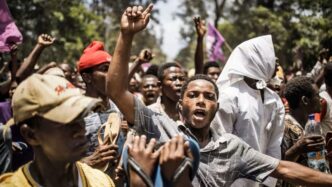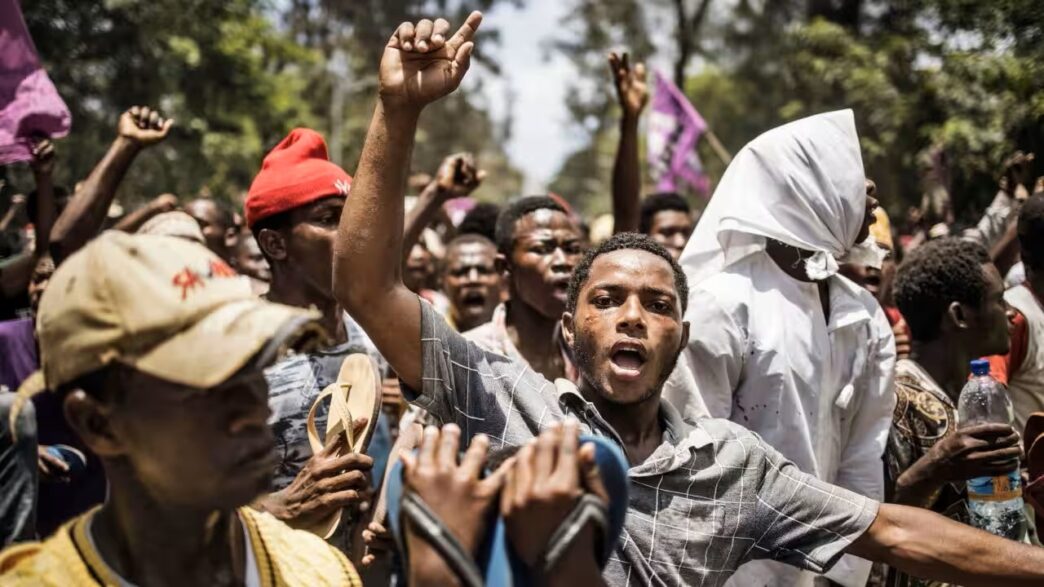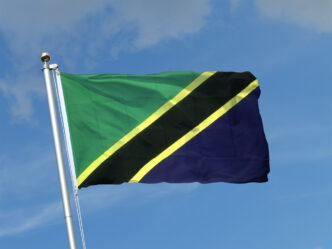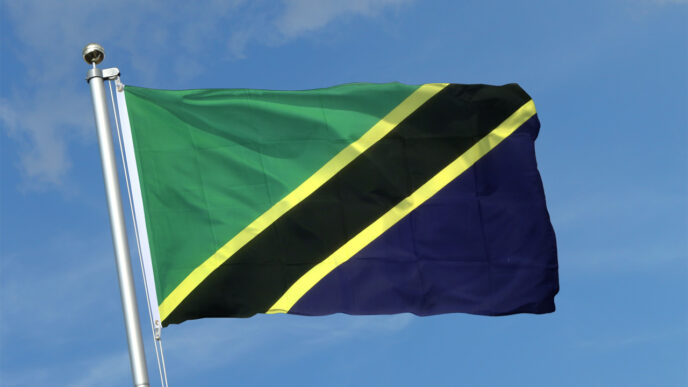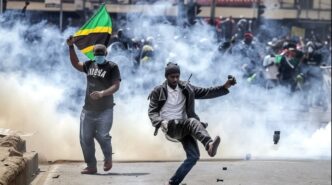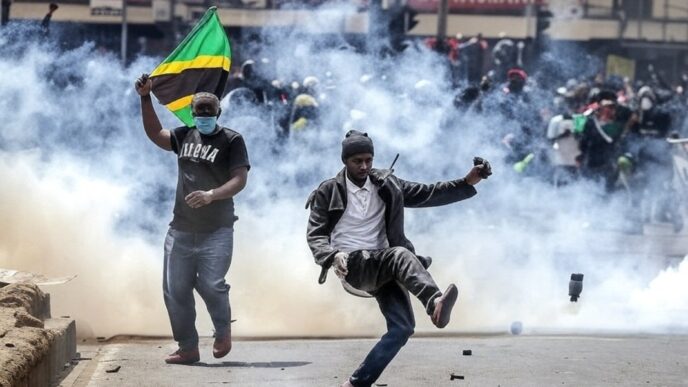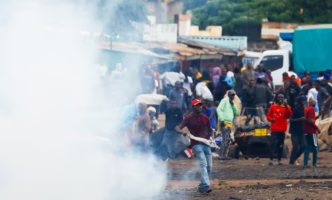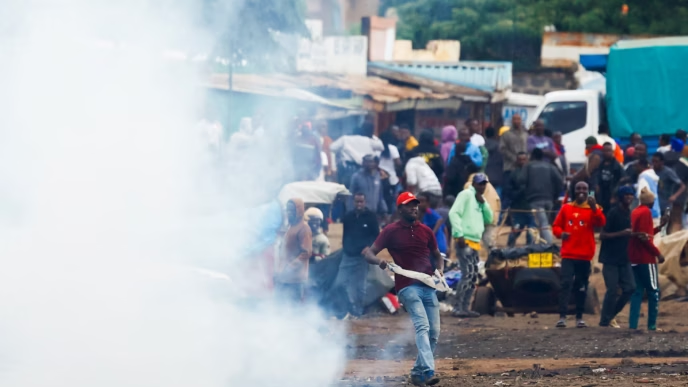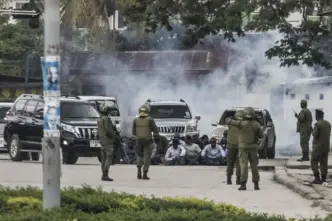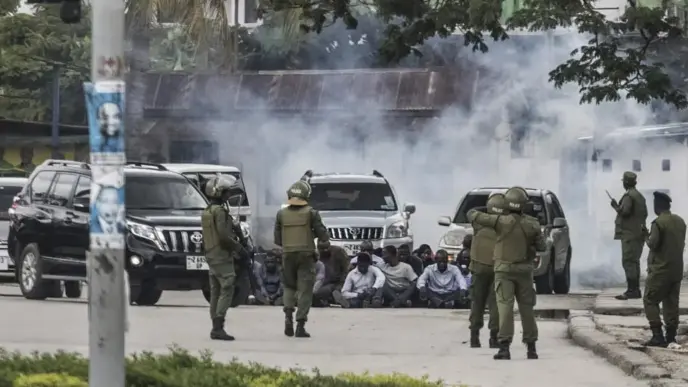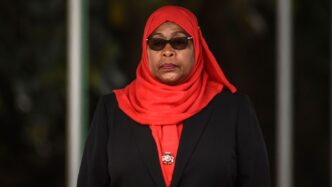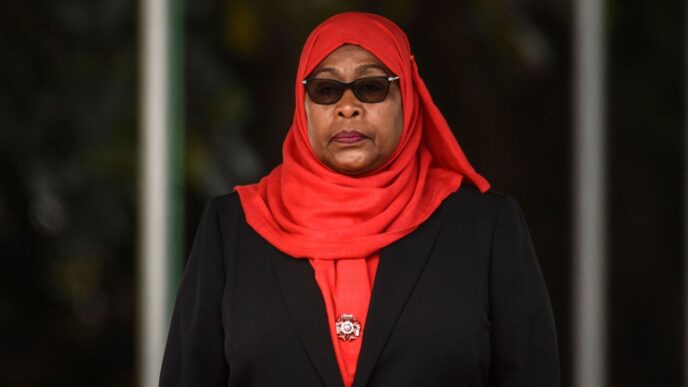Tanzanian authorities ordered civil servants and students to remain at home on Thursday, following a general election overshadowed by violent protests that forced police to enforce a curfew in Dar es Salaam.
Demonstrations erupted in the commercial capital and other cities on Wednesday after the exclusion of President Samia Suluhu Hassan’s two main rivals from the presidential ballot. Protesters, angered by what they described as intensifying government repression, poured into the streets demanding political accountability.
Clashes with police broke out in Dar es Salaam, where a local government office was set ablaze. Meanwhile, internet access was severely disrupted nationwide, further fuelling tensions.
“All public servants in the country should work from home except those whose job duties require them to be present at their workplaces as directed by their employers,” read a late-night message posted on the Instagram account of government spokesperson Gerson Msigwa.
State television later announced that students were to continue their studies from home on Thursday.
Attempts to reach Msigwa by phone and text for further comment were unsuccessful.
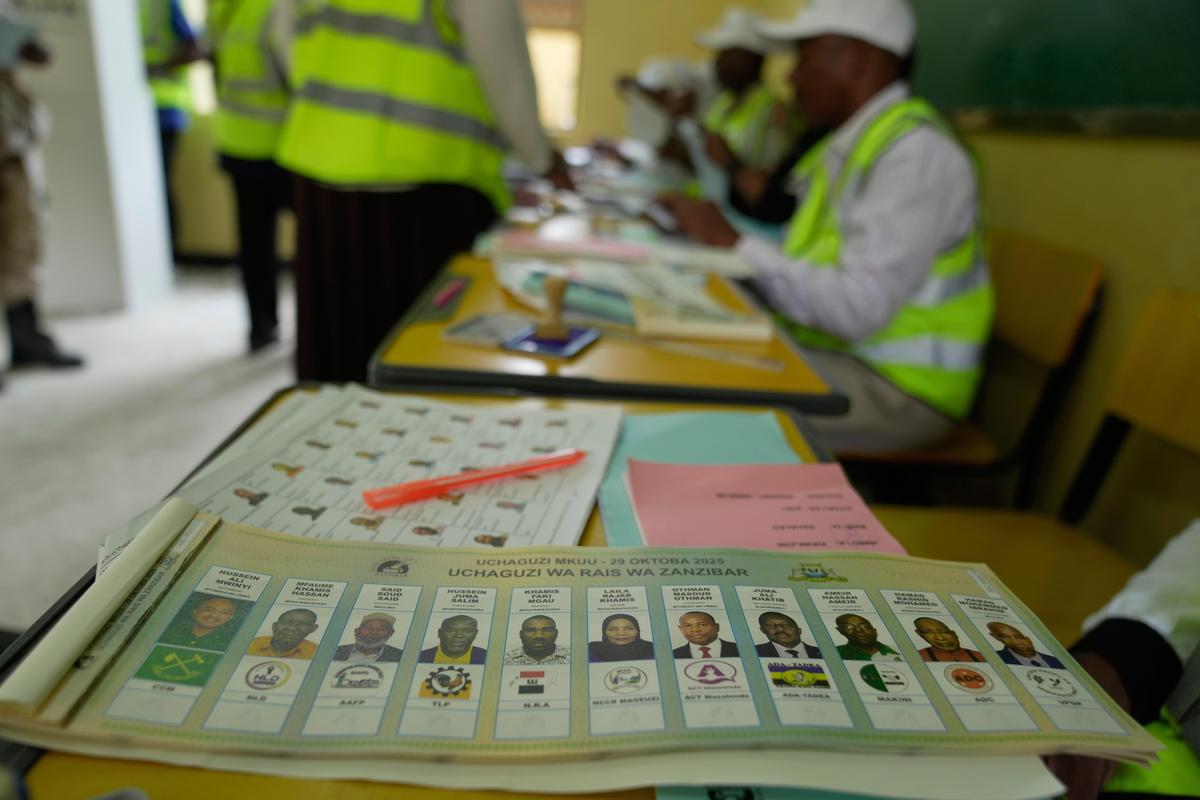
By early Thursday morning, Dar es Salaam’s streets had fallen silent. The city stirred slowly to life under the watch of heavily armed security forces stationed across major intersections and public areas.
Yet, on the Zello app — a platform turning smartphones into walkie-talkies — protesters exchanged messages about continuing their demonstrations, even discussing possible marches toward government offices.
Tanzania’s main opposition party, CHADEMA, had called for public protests during the election, denouncing the process as a “coronation” of President Hassan. The party had been disqualified in April after refusing to sign an electoral code of conduct. Its leader, Tundu Lissu, faced treason charges, while opposition group ACT-Wazalendo also saw its candidate removed from the race, leaving only minor parties to challenge Hassan.
Hassan, one of just two female heads of state in Africa, was once praised for loosening the political restrictions that defined the rule of her predecessor, John Magufuli, after assuming office in 2021.
However, in recent years, human rights defenders and opposition figures have accused her government of orchestrating unexplained abductions of critics. Hassan stated last year that she had ordered an inquiry into the allegations — yet no official findings have been made public.


 Trending
Trending 
